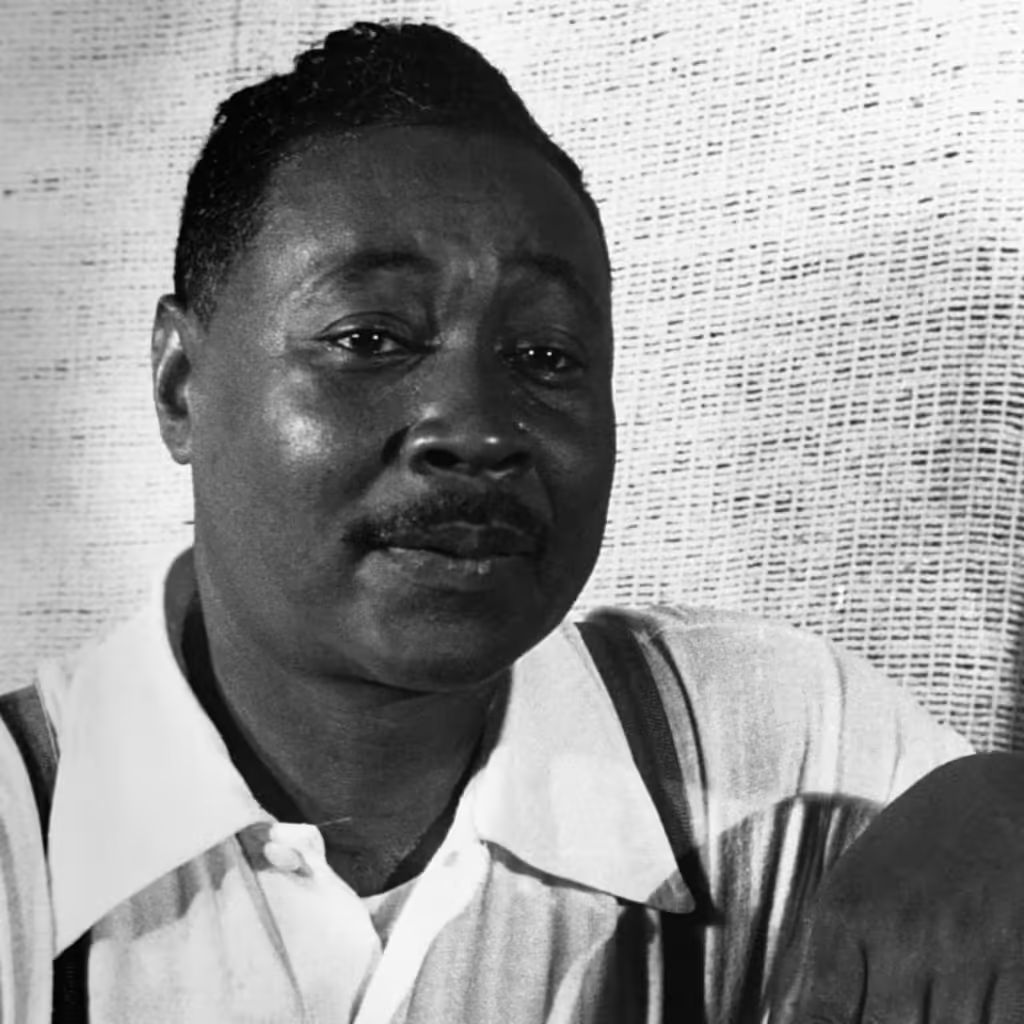
Table of Contents
Who Was Claude McKay?
Claude McKay was a prominent literary figure during the Harlem Renaissance, known for his strong voice advocating social justice through his works of poetry, essays, and novels. After moving to Harlem, New York, he became one of the most influential writers of the period, earning recognition for powerful pieces such as If We Must Die and Harlem Shadows. McKay’s writings captured the struggles of African Americans and resonated with themes of resistance and racial pride. He passed away on May 22, 1948, in Chicago, Illinois.
Early Life
Festus Claudius McKay was born on September 15, 1889, in Sunny Ville, Clarendon Parish, Jamaica. His parents, who took pride in their Malagasy and Ashanti heritage, instilled in him a sense of African pride from an early age. McKay developed a passion for British poetry and began his literary journey under the guidance of Walter Jekyll, an Englishman who encouraged him to write poetry in his native Jamaican dialect. This blending of African heritage and British literary tradition laid the foundation for McKay’s later works, which combined cultural pride with a call for social justice.
Literary Career
In 1912, a London publishing house released Claude McKay’s first books of poetry, Songs of Jamaica and Constab Ballads. McKay utilized the award funds he received from the Jamaican Institute of Arts and Sciences to move to the United States, where he pursued studies at the Tuskegee Institute (now Tuskegee University) and Kansas State College for two years. In 1914, he relocated to New York City, settling in Harlem.
Under the pseudonym Eli Edwards, McKay published new poems in 1917, with his work appearing in Pearson’s Magazine and the radical magazine Liberator. Among these was his most famous poem, “If We Must Die,” a powerful response to racial violence and oppression that resonated widely. This success was followed by two years of European travel, after which McKay published his collection Spring in New Hampshire in 1920, featuring the acclaimed poem “Harlem Shadows.”
Returning to the U.S. in 1921, McKay became actively involved in social and political causes, working with the Universal Negro Improvement Association and exploring Communist ideologies, even attending the Fourth Congress of the Communist Party in the Soviet Union. He spent the next 11 years abroad, primarily in Europe and North Africa, where he penned three novels—Home to Harlem, Banjo, and Banana Bottom—and a short story collection. Home to Harlem became his most celebrated work, though all of his novels were well received by critics.
Upon returning to Harlem, McKay began his autobiography, A Long Way from Home, which detailed his life as a minority and advocated for resistance against colonialism and segregation. However, the book has been criticized for its lack of transparency regarding some of McKay’s more controversial views, particularly his repeated denial of ever joining the Communist Party despite his multiple visits to the Soviet Union.
Later Life and Death
In the final years of his life, McKay underwent significant changes. He converted to Catholicism, fully distancing himself from Communism, and became an American citizen in 1940. His work with Catholic relief organizations in New York inspired his essay collection Harlem: Negro Metropolis, in which he reflected on and analyzed the African American community in Harlem. McKay passed away from a heart attack in Chicago on May 22, 1948.
In 2012, an unpublished McKay novel titled Amiable with Big Teeth was discovered in the archives of Columbia University, offering new insight into his literary legacy.
